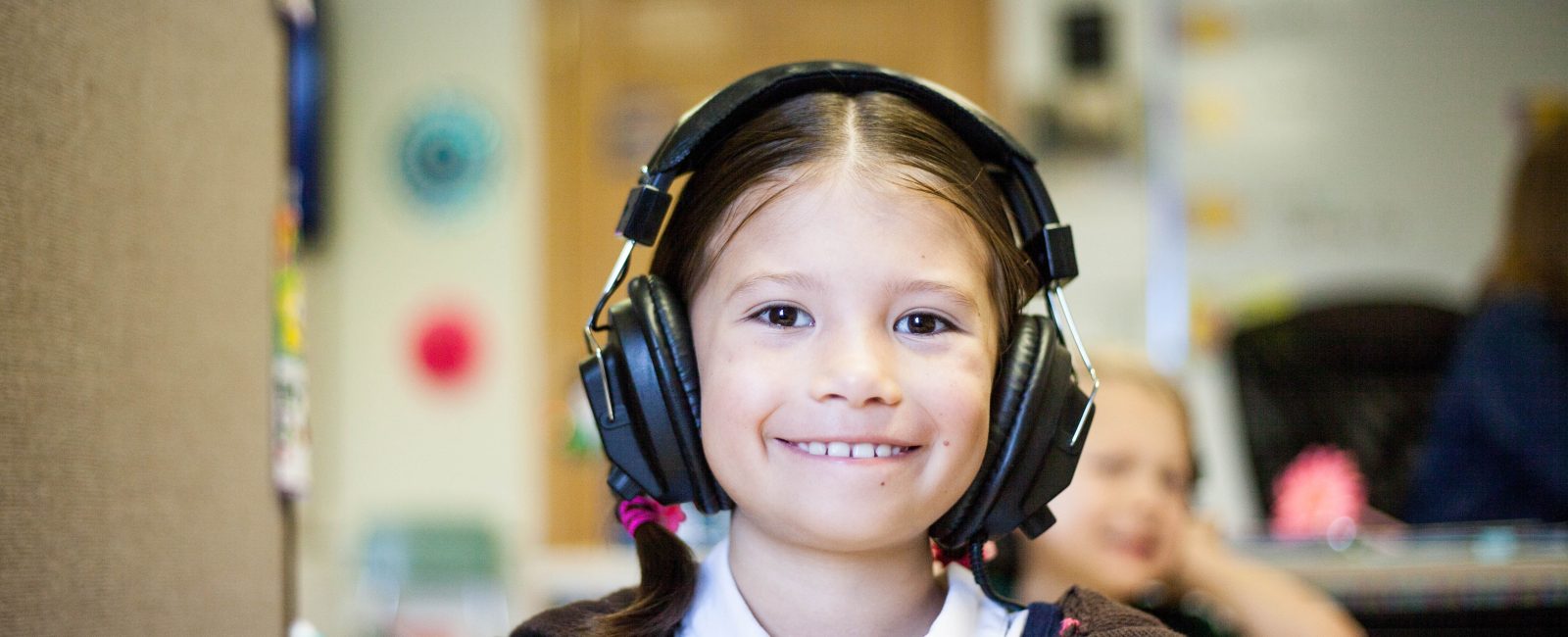Hearing impairment can have different causes. In some instances, it could be an external issue that eventually resolves, but others have structural or neurological impairments that require long-term intervention.
If you have a child that you suspect has hearing problems, what are some of the signs to look out for, and what are additional symptoms that indicate other conditions? As a parent or an educator, what are the things you should do to lead the child in the right course of treatment?
Below are some of the things you can do to ensure that hearing problems are addressed properly.
Hearing Problems in Children: Signs to Look Out For
Not turning to the direction of sound
Considering that the child has passed the initial newborn screening test, you may think that they do not have a hearing impairment to any degree. In some cases, a mild hearing loss can be missed out especially for high-frequency sounds.
Some children have difficulties hearing high-frequency sounds such as hissing, high notes in an instrument, or speech sounds in the form of fricatives (“f”, “s”, “sh”, “th”). The earliest signs you would notice are that they would not turn their head or give their attention to the source of the sound.
It is important to differentiate this symptom from inattention or auditory processing concerns. Although it is possible that hearing impairment and these other developmental issues go together, consulting an expert can help you determine a diagnosis. For example, New Jersey residents can visit and plan a consultation with an audiologist in Voorhees NJ for testing.
Unclear speech
Children are imitators of their environment. If any of their sensory faculties are impaired, they would also be producing the same sounds they perceive. One of the signs of hearing problems in children is unclear speech, which is often described as “cul de sac”. The flow of air does not come mostly from the mouth but from the nose, as some consonants can sound muffled.
Since consonants often have a higher frequency than vowel speech sounds, you would notice that children with hearing impairment can sound out their vowels correctly but struggle with consonants such as “f” or “s”.
Of course, it should also be differentiated from children who have articulation problems–those who do not necessarily need hearing intervention but struggle with pronouncing such speech sounds.
Turning up volume in gadgets and other equipment
Some types of hearing impairment aren’t acquired from birth. It could also be caused by an ear disease, an accident, or exposure to sudden loud sounds. A sign to look out for are behavioral changes such as the child turning up the volume on the TV, radio, or any gadget.
Some children will also use headphones or earphones to place the source directly in their ears and amplify the sounds that they hear. If this isn’t a usual behavior, it is something to take note of and should be addressed accordingly.
There are also conditions such as Meniere’s disease and Usher syndrome which are disorders related to the structures of the ear. When other signs such as vertigo, balance problems, or other sensory impairments are noted, consulting a healthcare provider is the best bet to rule out other conditions aside from hearing loss.
Difficulties in conversations
The ability to converse is a function of being able to hear and speak properly. When a child withdraws from conversations or has challenges understanding when others are talking to him or her, it can also be indicative of hearing impairment.
They may ask the person they are talking to repeat what they have said, or only respond partially based on what they heard. You may also notice that they would respond incorrectly as they did not hear the other speaker accurately.
The signs noted above should also be differentiated from auditory processing problems or language disorders. Some children can hear just fine but have difficulties following through with conversations because of how they process and understand language. An audiologist would be able to determine if the problems in conversation are rooted in hearing loss or from any other developmental concern.
Notice Any or All of the Signs? Things to Do
If you notice most of these signs in your child, one of the best things you can do is bring it up to an expert–in many cases, you can consult an Ear, Nose, and Throat (ENT) physician for an initial checkup and they would be able to refer you to further testing.
When hearing loss is suspected, an ENT doctor will often refer you to an audiologist that will conduct the level and type of hearing loss. Since there are various kinds of hearing impairment, understanding the severity and type of condition will provide you with the best course of treatment. Some children will need hearing aids, cochlear implants, or auditory therapy to help in mitigating the effects of hearing loss.
Hearing impairment can also have implications for a child’s speech and language development. When there are delays and issues noted, the ENT doctor can also refer you to a developmental pediatrician to conduct further assessments regarding the child’s condition. The developmental pediatrician is responsible for providing referrals and recommendations to help the child with their speech and language concerns.
Another team of experts may work on the child if some related conditions exist, such as in the case of neurological disorders, degenerative disease, and syndromes. All of these should be determined with thorough assessments and proper differential diagnosis of your healthcare team.
Hearing Loss: Taking Action for Better Outcomes
When you suspect hearing loss in a child, taking action as soon as possible is essential to prevent long-term effects and developmental delays. The signs mentioned above are meant to guide you to ask questions and present your concerns to hearing experts. Since hearing development is critical at an early age, finding solutions right away will mean better outcomes for your child.





